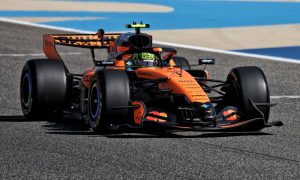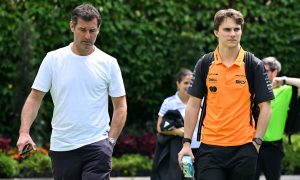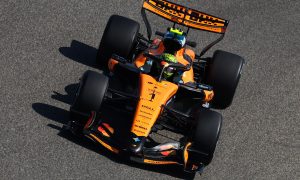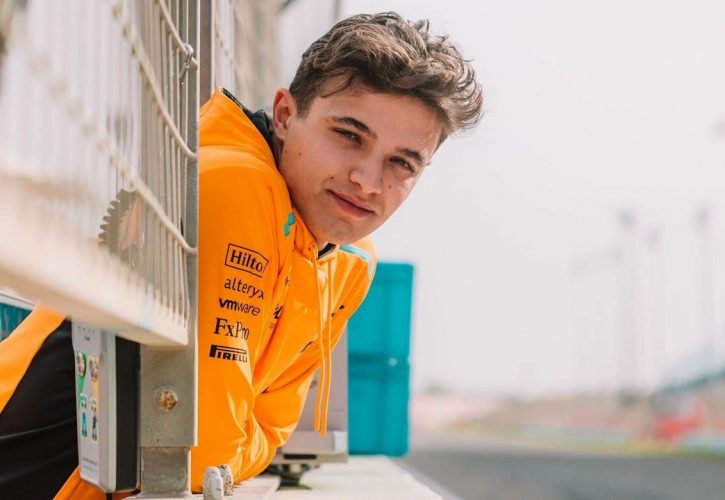
Lando Norris says he struggled to recover from setbacks during his formative years in Formula 1, and admits that failure is still an agonizing experience when he is personally at fault.
Competing at the highest level of motorsport, F1 drivers not only face physical challenges but also grapple with the mental toll of defeat.
When a driver blames themselves for a setback, it can be a heavy burden to carry.
Norris recalled his loss of a sensational win with McLaren in the final laps of the 2021 Russian Grand Prix at Sochi as one of the "hardest things to get over".
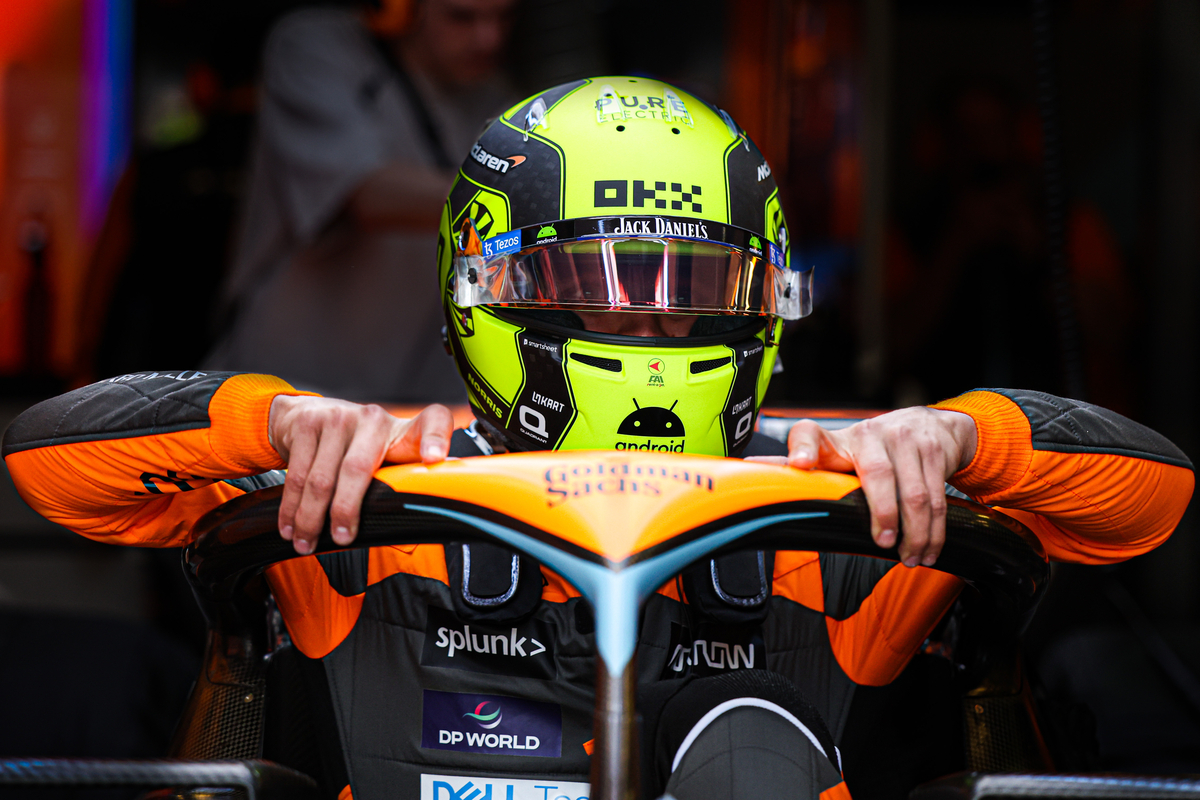
©McLaren
But over time, failures or setbacks have taken on a different dimension for Norris, depending on the circumstances surrounding a blow.
"It depends a little bit on the reason for the result," Norris told the Sky F1 podcast.
"If it's definitely through my own doing, it takes a lot longer to get over it.
"If it's my mistake, whether I crash or spin or get a penalty, if it's 100 percent down to me or even 50 percent down to me, it's a lot worse than if it's just because we don't have the pace in the car or things like that.
Read also:
"It depends a lot on the situation we're in. Sochi 2021 was probably one of the hardest things to get over – not simply because of what happened but because of what we almost achieved.
"It depends on how things happen, what it's for and so on."
The intense pressure to perform and the constant scrutiny from fans, teams, and media amplify a driver's mental struggle.
Racing drivers invest immense effort, time, and dedication into their craft, and when they make mistakes that lead to poor results, it can feel like a personal failure.
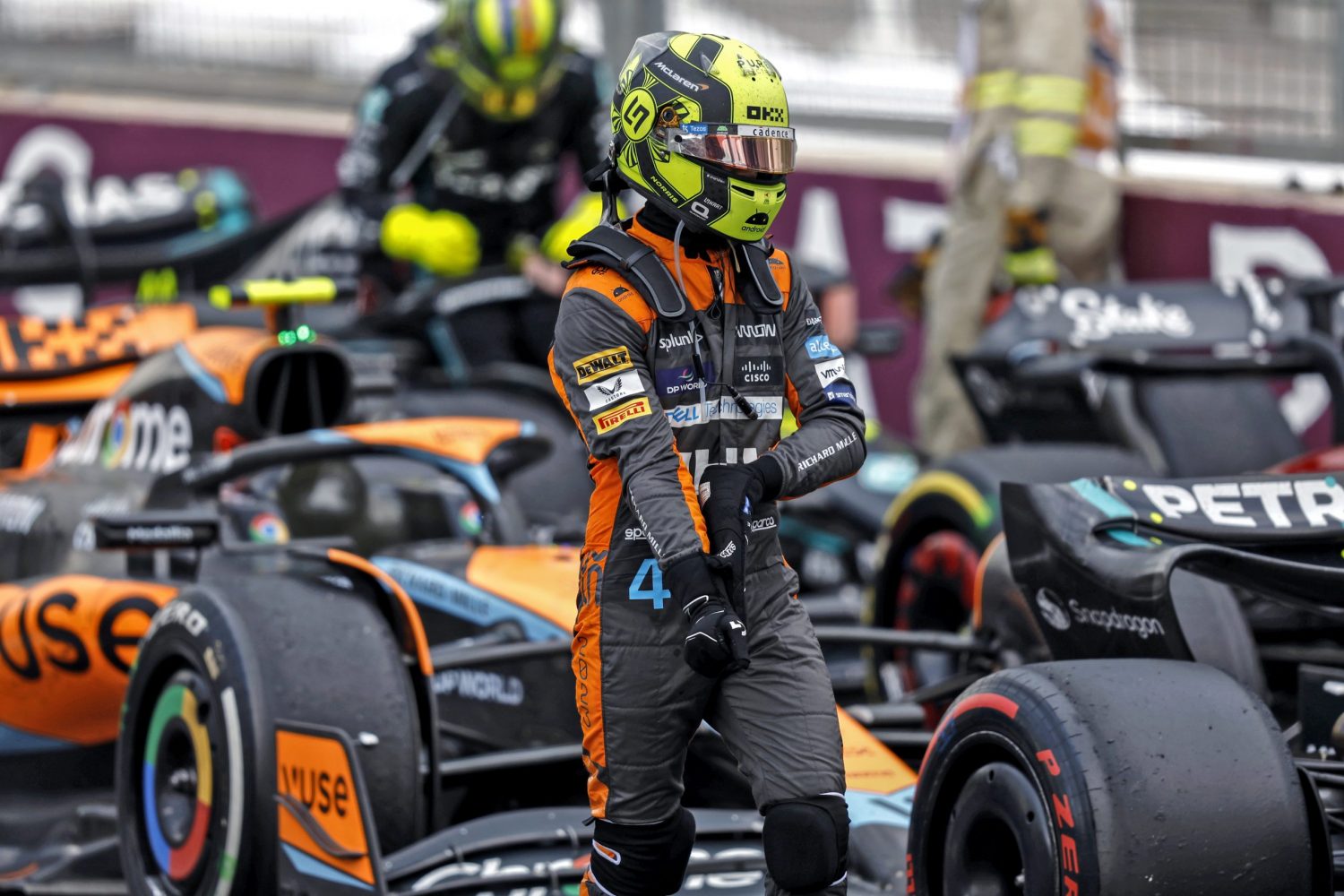
The inability to quickly recover from such setbacks can impact a driver's confidence, self-belief, and overall performance.
It becomes a delicate balance between learning from mistakes and not allowing self-blame to become a barrier to future success.
Overcoming these mental hurdles is a significant part of a driver's journey towards resilience and achieving their full potential in Formula 1.
"I'm a lot better now than what I was – I used to struggle a lot more back in 2019 and 2020," add the 23-year-old.
"Now I just look at it in a constructive way of learning what went wrong, how can you fix it, how can you be better at whatever the problem was and just try and move on."
Keep up to date with all the F1 news via Facebook and Twitter




